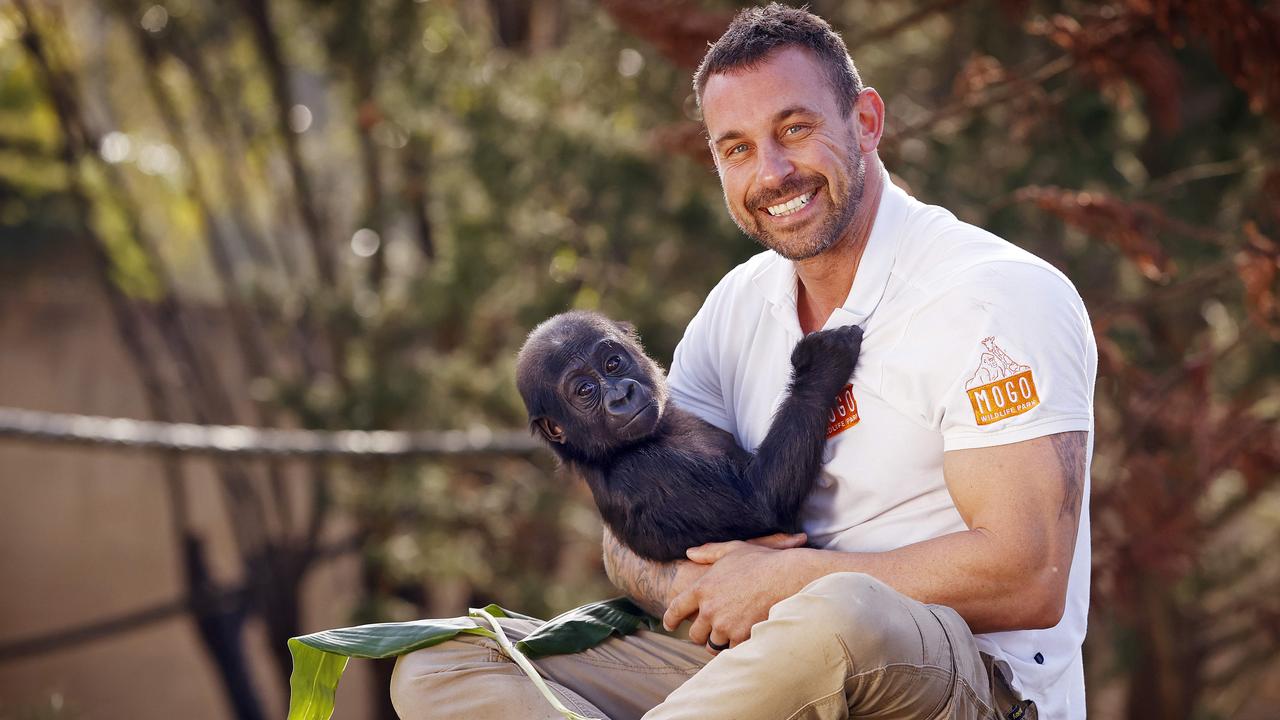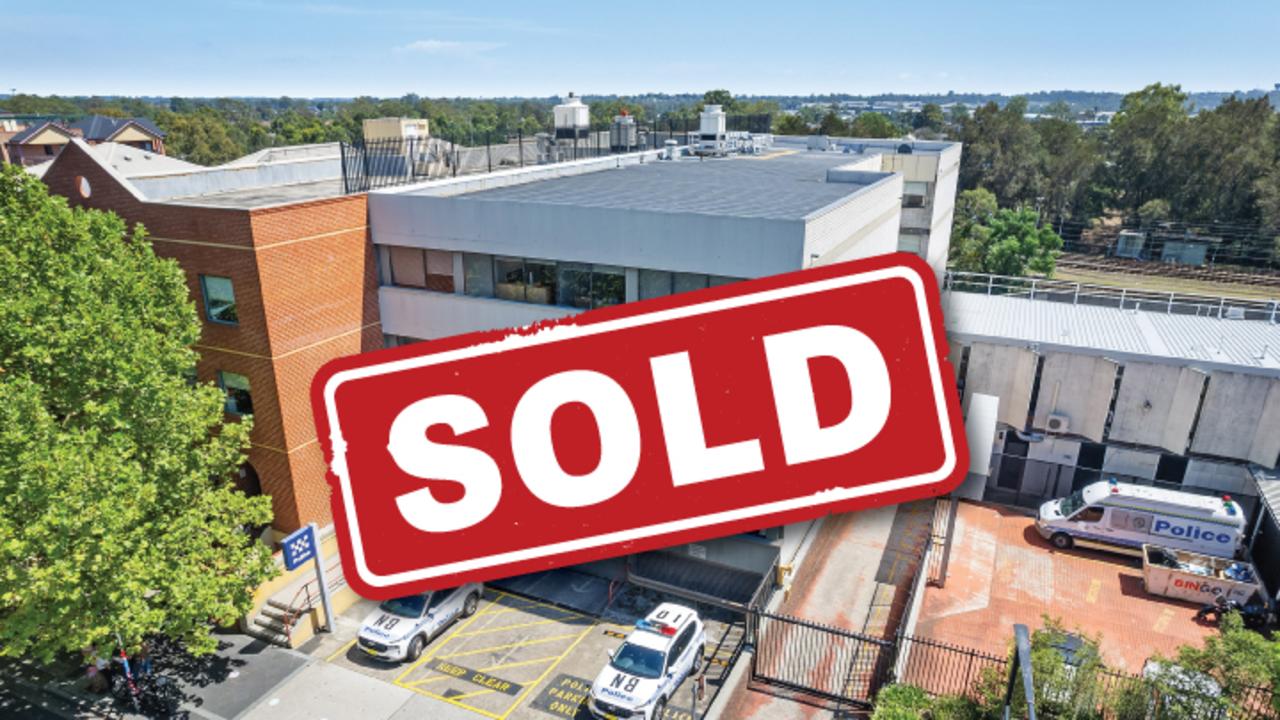Covid vaccination: Why thousands are choosing not to get the jab
Everyone from top scientists to our political leaders have told us the vaccine is a lifesaver – and the only way out of this mess. So why are so many refusing it? We asked them.

Blacktown
Don't miss out on the headlines from Blacktown. Followed categories will be added to My News.
Everyone has an image of an anti-vaxxer in their head.
They’re either a Byron Bay hippy who thinks they can cleanse their body with good vibes and kombucha or they’re an introvert with an unhealthy obsession with Bill Gates.
Right?
Well, not quite.
Truth is there are thousands of anti-vaxxers across Sydney alone, making up part of the 11% or so of eligible adults yet to get the jab.
But why? The science speaks for itself doesn’t it?
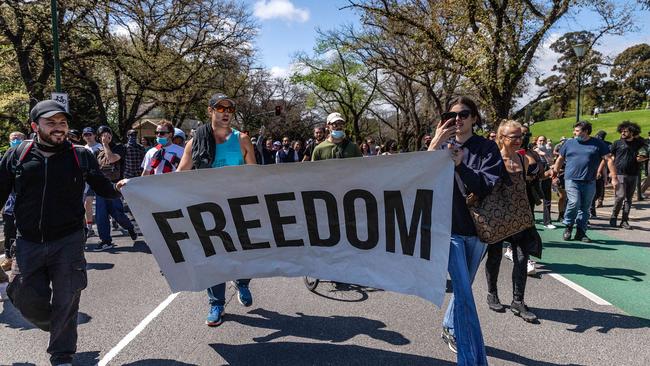
The Blacktown Advocate engaged with some of those on the masthead’s Facebook page to find out why they had chosen – despite living in one of the worst hit suburbs of Sydney – to refuse the vaccine.
Most spoke on the condition of anonymity because of fears of a backlash over their views
‘I’m not willing to take the risk’
Jeremy Brown, 45, is a proud father of five and grandfather of three who has decided not to get the vaccine at this stage as he says he doesn’t want to risk his family.
“I believe in pro choice,” he said. “It’s our birth given right to choose. Sometimes we make good choices and sometimes we make bad choices, but that’s our choice.”
He said he fears there are a lot of unanswered questions about the current vaccines and said the TGA (Therapeutic Goods Administration) Australia finding on adverse reactions concerned him.
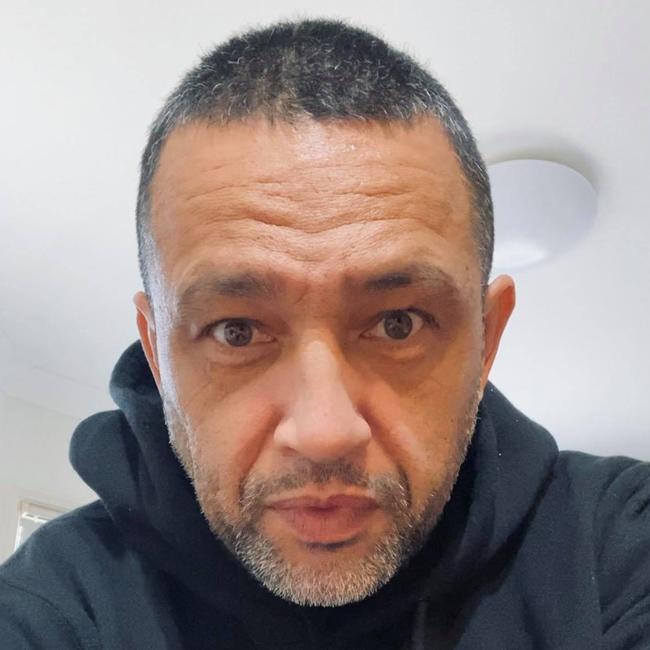
“That scares me and I’m not willing to take the risk,” he added.
He makes clear he is not an anti-vaxxer and has been vaccinated many times in the past.
But he says he was reassured by those vaccines as they were trialled and tested over a longer period of time.
That said, he added if the Covid jab becomes “safer” with “less adverse effects” he will consider getting vaccinated.
‘Nothing would convince me’
A 49-year-old married mother-of-three is choosing not to get the vaccine as she believes there has not been enough research done into the potential side effects.
This is despite her having a four-month-old granddaughter in New Zealand she is yet to meet as well as her mother who is terminally ill in New Zealand who she also hasn’t been able to see.
She also insists that she is not an anti-vaxxer and has had all other required injections as have her children but “this one is different”.
“People say ‘trust the science, thousands have already had it and they are fine’, however, history tells me that science doesn’t always get it right- and sometimes you don’t find this out until many years later,” she said.
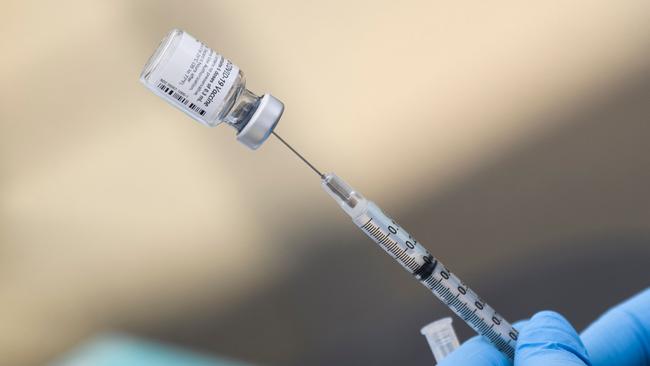
She said what concerns her the most is how “extremely fast” the vaccines were created. The shifting recommendations for the vaccine has also caused her uncertainty.
“I‘m not an anti-vaxxer and people need to stop using this terminology when it relates to this particular injection. I am however, anti-Covid 19 injection right now.
“At this point in time, there is nothing, short of physically holding me down, that would convince me to have this injection.”
‘Censorship of alternative views’
A 65-year old man said he won’t be getting the Covid vaccine over what he claims is the “censorship of alternative views”.
He said he had been further put off by the reaction of some people to those who “read widely, think critically and evaluate the evidence”.
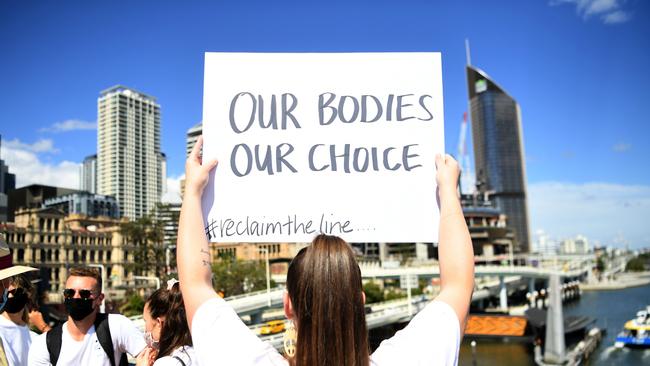
When questioned about if there was anything that would get him to consider being vaccinated, he said: “It is highly unlikely.”
‘I know the science, but I’m fit and healthy’
A 26-year old man from Blacktown said he was choosing to not get the vaccine as he is a “fit and healthy man”.
He added that he sees “no reason to get the vaccine”.
He confirmed he had received vaccines in the past but said he believes this vaccine is pointless for young, fit and healthy adults, citing the side effects posed by the vaccine in men under 30.
“I know there is some legitimate science behind it and I do think it is smart for the elderly and vulnerable to get vaccinated,” he said.
‘My choice not to have it’
A 56 year old man said the lack of long-term data was his main reason for not getting the vaccine.
He said the lack of data leaves him fearful about the potential adverse effects that may present themselves in the years to come.
He said he was also put off by what he called the “heavy handed approach from the government”.
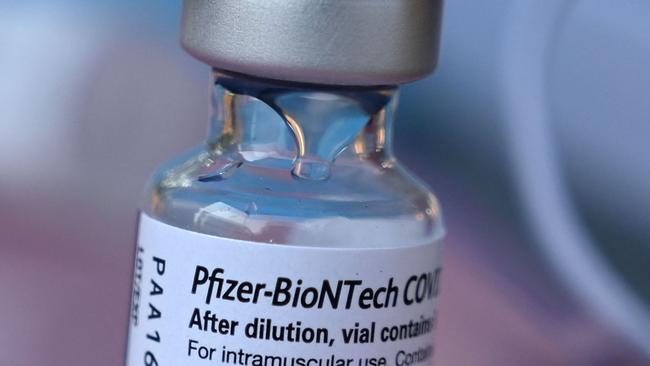
“The decision to vaccinate should not be made under the threat of losing one’s job or being treated as second class citizens. To do so violates the premise of free and voluntary vaccination,” he said.
“I’m not against vaccination, it is a free choice as much as it is my choice not to choose.”
The expert – Professor Julie Leask
Professor Julie Leask, from the University of Sydney’s Faculty of Medicine and Health, said she classifies people as “accepting, hesitant or refusing” of vaccines.
“Hesitancy is a motivational state of being conflicted about vaccination,” she said. “It’s those who are on the fence and unsure about vaccination.”
In her experience, those who chose not to get vaccinated do so for a variety of reasons – perhaps more than we would imagine.

“People’s hesitancy can be due to a lack of confidence in the vaccines and their safety and effectiveness, a lack of information that addresses their concerns, a belief that Covid is low risk for them, mistrust in doctors, government and industry and conspiracy theories,” she said.
Among those who are not vaccinated, she said, are those with persistent vaccine access barriers, those with true medical exemptions, with needle phobias, others who are medically hesitant and also your trenchant objectors.
“Low vaccination is often caused not by hesitancy or refusal but by a lack of access,” she added. “Lack of access to booking systems and services for people who are less well resourced or where systems have failed to assist them.
“To address this we need to overcome barriers like awareness of services, booking systems, geographical distance and transport to services, service convenience and cultural appropriateness.”
To win over those who are hesitant she said it was vital education campaigns and materials focus on the benefit to family and co-workers.
She said those on the fence should have access to trusted sources and health professionals and two way communication via online forums and social media.
It is also vital myths are debunked well, she added.
“However, some people dig in and remain unvaccinated,” she added.
To find out more and to book your Covid vaccination click here



